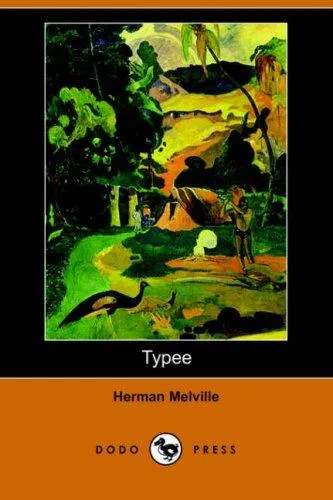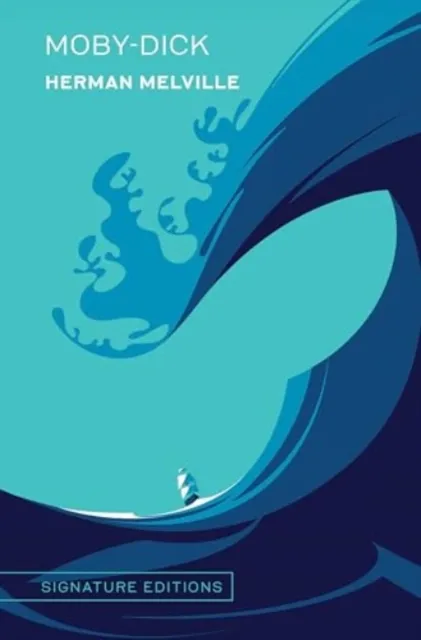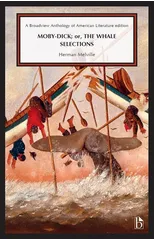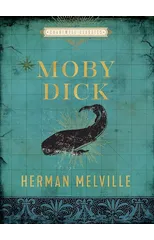By the American novelist, essayist and poet, widely esteemed as one of the most important figures in American literature and best remembered today for his masterpiece Moby-Dick (1851). In 1841, he sailed from Fairhaven, Massachusetts on the whaler Acushnet, bound for the Pacific Ocean. The vessel sailed around Cape Horn and travelled to the South Pacific. Melville decided to abandon the vessel on reaching the Marquesas Islands. He lived among the natives of the island for several weeks and the narratives of Typee (1846) and its sequel, Omoo (1847), tell this tale.
Herman Melville
Herman Melville (1819-1891) was an American novelist, poet, and short story writer best known for his novel "Moby-Dick," a complex and symbolic work that explores themes of obsession, fate, and the struggle between good and evil. Melville's writing style is characterized by its rich symbolism, philosophical depth, and exploration of existential themes. His other notable works include "Typee," "Billy Budd," and "Bartleby, the Scrivener." Melville's contributions to literature have had a lasting impact on the development of American literature, particularly in the genre of the novel.





